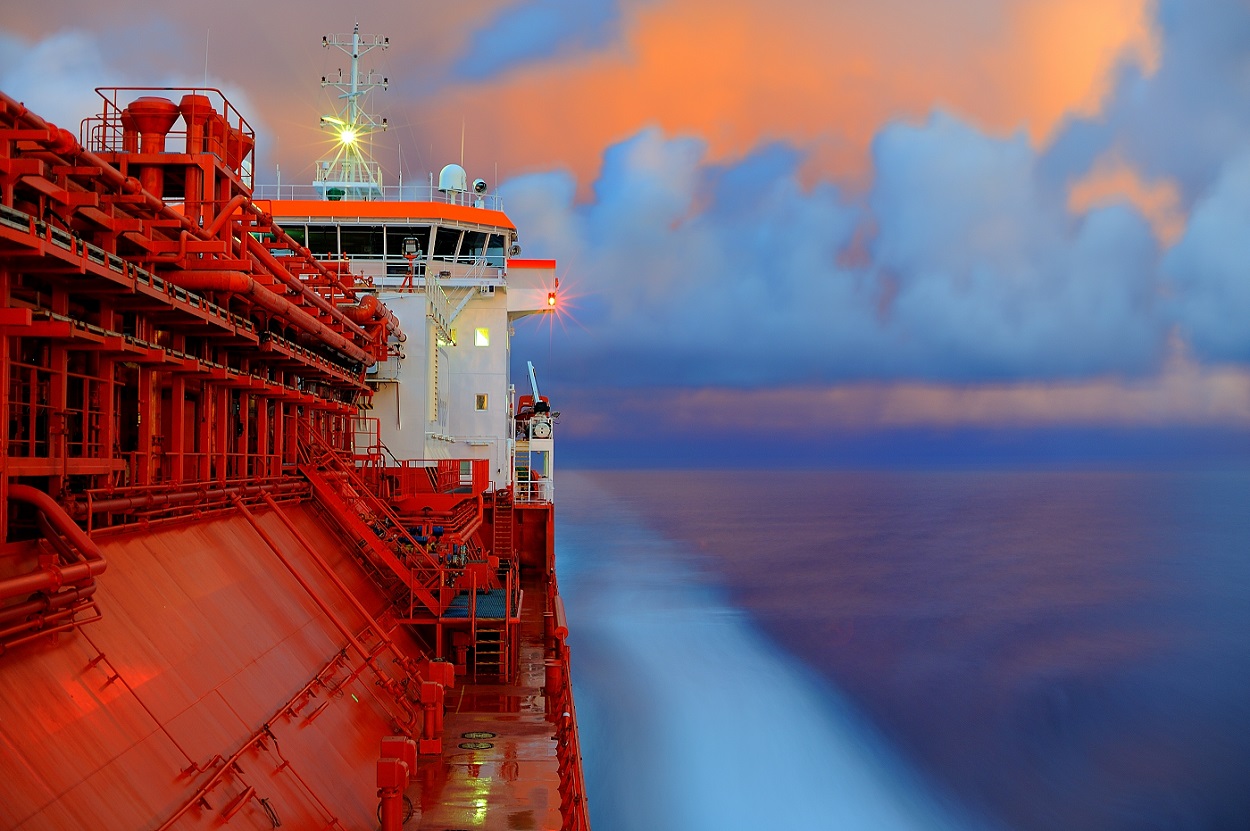World’s Top LNG Players Push for More, But Greener, Gas Investments
(Reuters) — Current investments in gas infrastructure are falling short of what is needed, officials at an industry conference in Japan said on Wednesday, citing the role they say the fuel has to play in both global energy security and the transition to net zero.
Big producers have in recent years promoted gas as a transition fuel in the push for cleaner energy — a move fiercely resisted by environmentalists — as renewables like wind and solar face technical factors like intermittency of supply.
Fears over energy security have also boosted demand for LNG, after a European energy crisis triggered by Russia's invasion of Ukraine in 2022 left countries scrambling for alternatives to Russian gas.
In video remarks played during the LNG Producer-Consumer Conference in Tokyo, the energy minister for the United Arab Emirates said that to date, there has not been enough investment in the sector.
"Lack of investment is affecting both producers and consumers, and their access to affordable and reliable energy and economic growth," Suhail Mohamed Al Mazrouei said.
"Do we have enough investment in gas and LNG to cover for converting all coal plants in the world to gas? The answer is no," he said.
Gas has a long-term role to play in the global energy markets, Fatih Birol, executive director of the International Energy Agency, told the conference in a video message, though he added there is a "strong need" to cut emissions from gas supply.
"The challenge is how to balance the near term needs for additional gas supply when the global markets are volatile, with (the) longer term (need) of reaching our climate goals," he said.
"We think that strategies to future proof investments in gas infrastructure are needed, (eg) by incorporating technologies like carbon capture and storage throughout the value chain, or by allowing for the integration of low emission gas," he said.
Methane Leaks
A leading argument against natural gas's environmental credentials is the threat posed by leaks of methane, its main component, from infrastructure.
The global energy industry last year released some 135 million tonnes of methane, a potent greenhouse gas responsible for roughly a third of the rise in global temperatures since the industrial revolution, into the atmosphere.
Japan, the United States, South Korea, Australia and the EU signed a joint statement during the conference to support methane reduction measures.
"This initiative is an unprecedented cooperation among energy players to achieve a cleaner energy value chain by employing energy producers to reduce methane emissions," Yasutoshi Nishimura, Japan’s industry minister, told the conference.
Japanese Prime Minister Fumio Kishida is currently touring the Gulf, a major oil and LNG producing region, promoting Japanese technology for greener fuels including hydrogen.
The director general of the European Commission's energy department Ditte Juul Joergensen stressed the importance of cooperation between global LNG producers and consumers.
"Last year's gas market shock was not the first and most likely will not be the last," she told the conference.
Related News
Related News

- Kinder Morgan Proposes 290-Mile Gas Pipeline Expansion Spanning Three States
- Three Killed, Two Injured in Accident at LNG Construction Site in Texas
- Tallgrass to Build New Permian-to-Rockies Pipeline, Targets 2028 Startup with 2.4 Bcf Capacity
- TC Energy Approves $900 Million Northwoods Pipeline Expansion for U.S. Midwest
- U.S. Moves to Block Enterprise Products’ Exports to China Over Security Risk
- U.S. Pipeline Expansion to Add 99 Bcf/d, Mostly for LNG Export, Report Finds
- Enbridge Adds Turboexpanders at Pipeline Sites to Power Data Centers in Canada, Pennsylvania
- Great Basin Gas Expansion Draws Strong Shipper Demand in Northern Nevada
- Cheniere Seeks FERC Approval to Expand Sabine Pass LNG Facility
- Heath Consultants Exits Locate Business to Expand Methane Leak Detection Portfolio





Comments